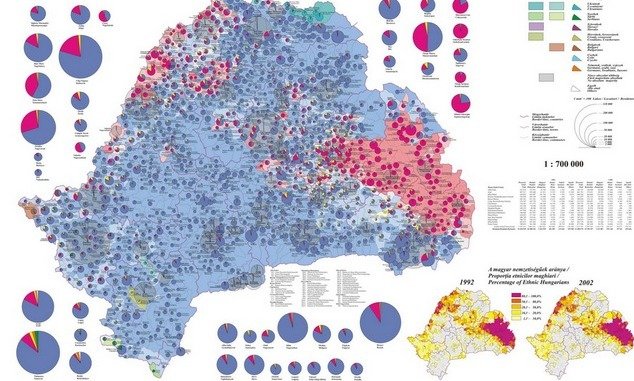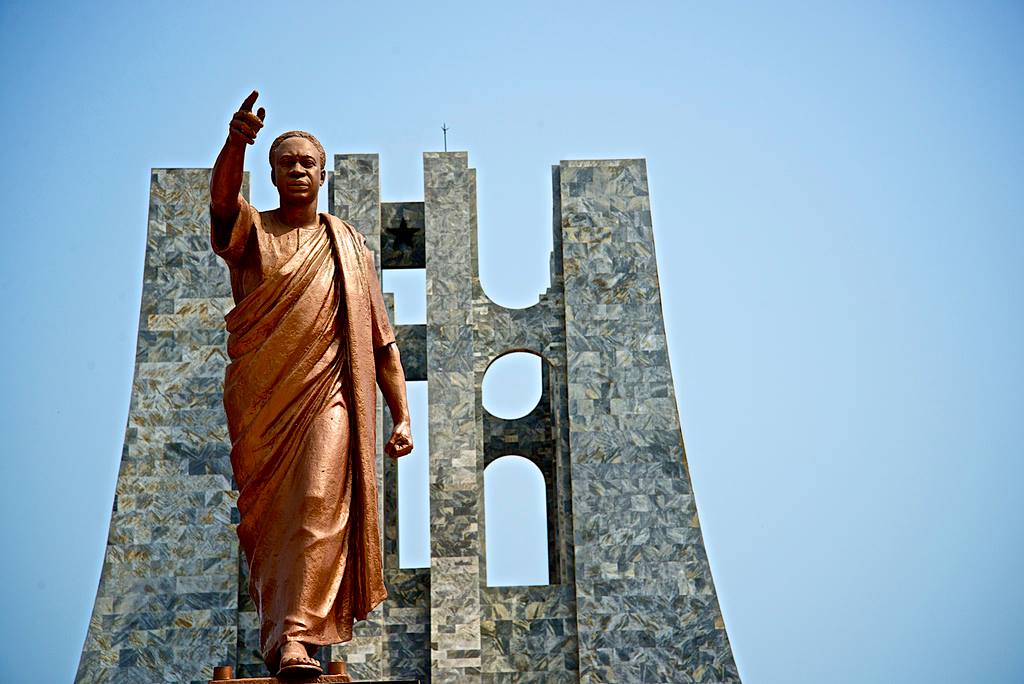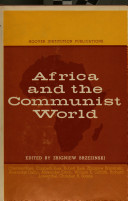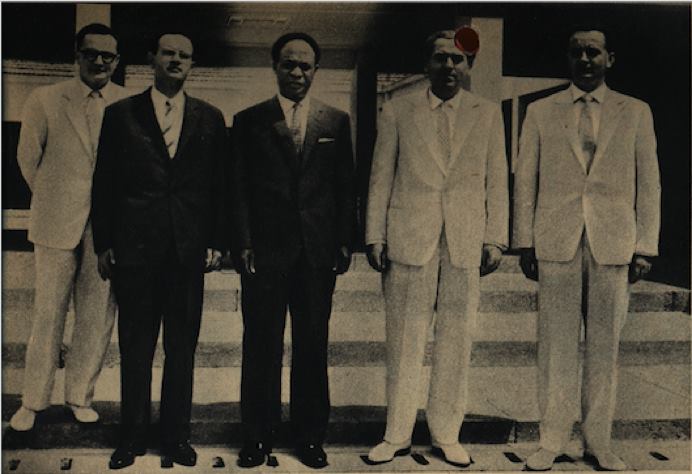“Hisz Erdély története a római korban, középkorban, újkorban és főleg a jelenkorban jóval több, mint románok és magyarok közötti traumák és nemzeti harcok férfias története.” – T. Szabó Csaba cikke a Transindex.ro portálon

“Sebastian Conrad a Freie Universität világhírű professzora híres könyvében a globális történelemnek három fő aspektusát emeli ki: a mindenség és mindenek történelme, a hálózatok és konnektivitás története és az integrációs folyamatok története. Conrad könyvében rámutat arra, hogy a nagy világtörténetekben valójában nemzetek történetét látjuk felsorakoztatva, egymás mellé, azok interakciója és közös kapcsolati hálózata nélkül. Történetírásunk hagyományai másról sem szólnak, mint a fehér férfi által végzett nagy tettek nemzeti történelmeiről. Conrad szerint, az új történetírás fő szerepe a globális, azaz minden részletre kitérő szemléletről kell szóljon, ahol a történész – elemezzen egy család történetét vagy egy ország, esetleg népcsoport, ha úgy tetszik nemzet történetét – egyszerre kell figyeljen az emberek közötti viszonyra, társadalmi hálózatukra, konnektivitásaikra, az általuk használt tárgyak mozgására és mobilitására, az őket érintő politikai, kulturális, ökológiai és katonai hatásokra és ideológiai változásokra és eszmék mobilitására is. Ez a komplex, sok mindenre kitérő történelem-szemlélet adja a globális történetírás fő újdonságát, amelynek tükrében a Mary Beard féle Britannia római provincia története is egészen új perspektívákat kap és a Mauretániából a brit szigetekre került római katona története egyáltalán nem lesz szokatlan és botrányos. Ez a szemlélet megoldást hozhat – hozhatna – Erdély történetének értelmezésében is.”
 My research report to the Open Society Archives turned out to be a draft of a lengthy working paper that summarizes some of the materials I have been working with. You can read about my OSA research proposal
My research report to the Open Society Archives turned out to be a draft of a lengthy working paper that summarizes some of the materials I have been working with. You can read about my OSA research proposal 
 A magyar közgazdász delegáció megérkezése Accrába 1962-ben, hogy kidolgozzák Ghána hétéves tervét. Balról jobbra: Bácskai Tamás (Bognár asszisztense, egyetemi docens), Kós Péter (nagykövet), Kwame Nkrumah (a Ghánai Köztársaság elnöke), Bognár József (főtanácsadó), Székely Gábor (Bognár asszisztense, mérnökközgazdász).
A magyar közgazdász delegáció megérkezése Accrába 1962-ben, hogy kidolgozzák Ghána hétéves tervét. Balról jobbra: Bácskai Tamás (Bognár asszisztense, egyetemi docens), Kós Péter (nagykövet), Kwame Nkrumah (a Ghánai Köztársaság elnöke), Bognár József (főtanácsadó), Székely Gábor (Bognár asszisztense, mérnökközgazdász).